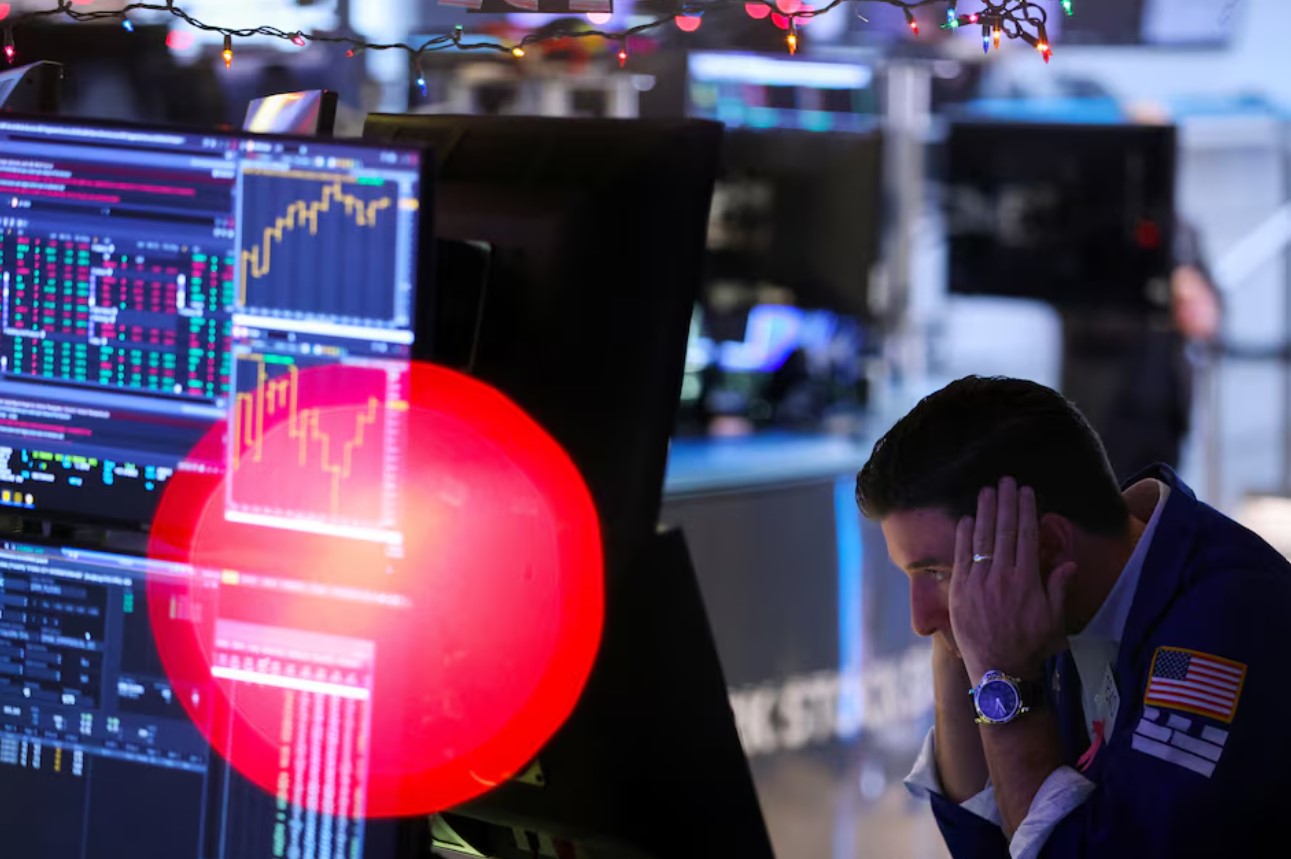
Black Friday is no longer just a retail phenomenon, having grown into a significant economic indicator influencing stock market performance, according to international online broker Freedom24.
The annual shopping event, marked by millions of consumers flocking to physical and online stores for discounts, is closely watched by investors and analysts alike.
In a piece of analysis released this week, Freedom24 mentioned that Black Friday sales and consumer behaviour frequently shape market trends for the end of the year.
“Historically, the week following Black Friday shows consistent upward patterns in the stock market,” the company stated.
It added that “since 2010, the S&P 500 index has recorded an average return of 1.42 per cent during this week, with gains in 77 per cent of these 14 years”.
Even when analysing data from 1990, this period outperforms other weeks of the year, with an average rise of 0.63 per cent compared to a mere 0.17 per cent for a typical week.
These historical trends underscore Black Friday’s role as an “investment climate barometer,” Freedom24 highlighted.
“Strong consumer spending often reflects optimism and economic resilience, boosting retail and e-commerce stock prices,” the company said. “Conversely, disappointing sales figures can create uncertainty, affecting investor strategies for the coming months.”
This year, Black Friday unfolds in a unique economic context. “While inflation is on the decline, consumer debt has soared, particularly on credit cards, which have risen by 25 per cent compared to pre-pandemic levels,” Freedom24 pointed out.
The company also said that “these opposing forces are expected to temper holiday spending growth, forecasted to range between 2.5 per cent and 3.5 per cent”.
Nonetheless, the outlook for retail remains positive. “US sales from Black Friday through the end of the Christmas holidays have steadily increased over the past decade, from $582 billion in 2014 to an estimated $960 billion in 2024,” Freedom24 stated.
They emphasised that this growth “underscores the holiday season’s pivotal role, with Black Friday serving as its unofficial kickoff.”
Retail stocks often take centre stage during Black Friday. “Historically, brands with a global presence and dynamic online operations outperform,” Freedom24 mentioned.
For 2024, they predict that “companies like Zara, H&M, and Inditex, with a strong European footprint, are poised to benefit from the demand for fast fashion”.
Premium brands are also expected to perform well. “LVMH (Louis Vuitton Moet Hennessy) and sportswear giants like Adidas may see gains, especially in markets where consumer confidence remains high,” Freedom24 explained.
They attributed LVMH’s success to its ability to “balance exclusivity with seasonal promotions,” while Adidas capitalises on “holiday demand for athletic and casual wear”.
Not all sectors may thrive, however. Freedom24 warned that “companies dependent on discretionary spending could face challenges”.
It added that “brands like Marks & Spencer, known for mid-market offerings, may see mixed results as consumers focus on essentials”.
Electronic retailers could also experience difficulties. “Chains like MediaMarkt may be pressured by deep discounts and supply chain issues, affecting profit margins despite high sales volumes,” Freedom24 observed.
Furthermore, the company stated that the rise of e-commerce has transformed Black Friday.
“In 2023, online sales during Black Friday reached $9.8 billion, a 7.5 per cent increase from the previous year,” Freedom24 reported.
The also noted that “Cyber Monday, which follows Black Friday, continues to surpass it as the largest online shopping day, with forecasted sales exceeding $12 billion this year”.
This shift presents both opportunities and challenges. “Retailers with robust online platforms, such as Amazon, Inditex, and Zara, are well-positioned to capture the majority of consumers,” Freedom24 said.
However, they cautioned that “retailers lagging in digital transformation may struggle to compete in this demanding environment”.
Freedom24 also stressed that Black Friday has long been a “reliable indicator of year-end market performance”.
“Strong retail sales often signal a positive investment climate for the broader market, with gains typically extending into the next quarter,” the company explained.
For short-term investors, Freedom24 identified opportunities in retail stocks that traditionally perform well during Black Friday, such as “H&M, Adidas, and other prominent fast-moving consumer brands”.
For those with a long-term perspective, they advised focusing on “companies with strong digital and omnichannel capabilities,” citing Amazon as a standout for its innovative business model spanning e-commerce, logistics, and cloud computing.
“Black Friday 2024 is more than just a shopping event; it is a crucial economic moment reflecting consumer confidence and retail resilience,” the company said.
“Investors who decode the spending signals can find this period decisive for their portfolios,” it concluded.


